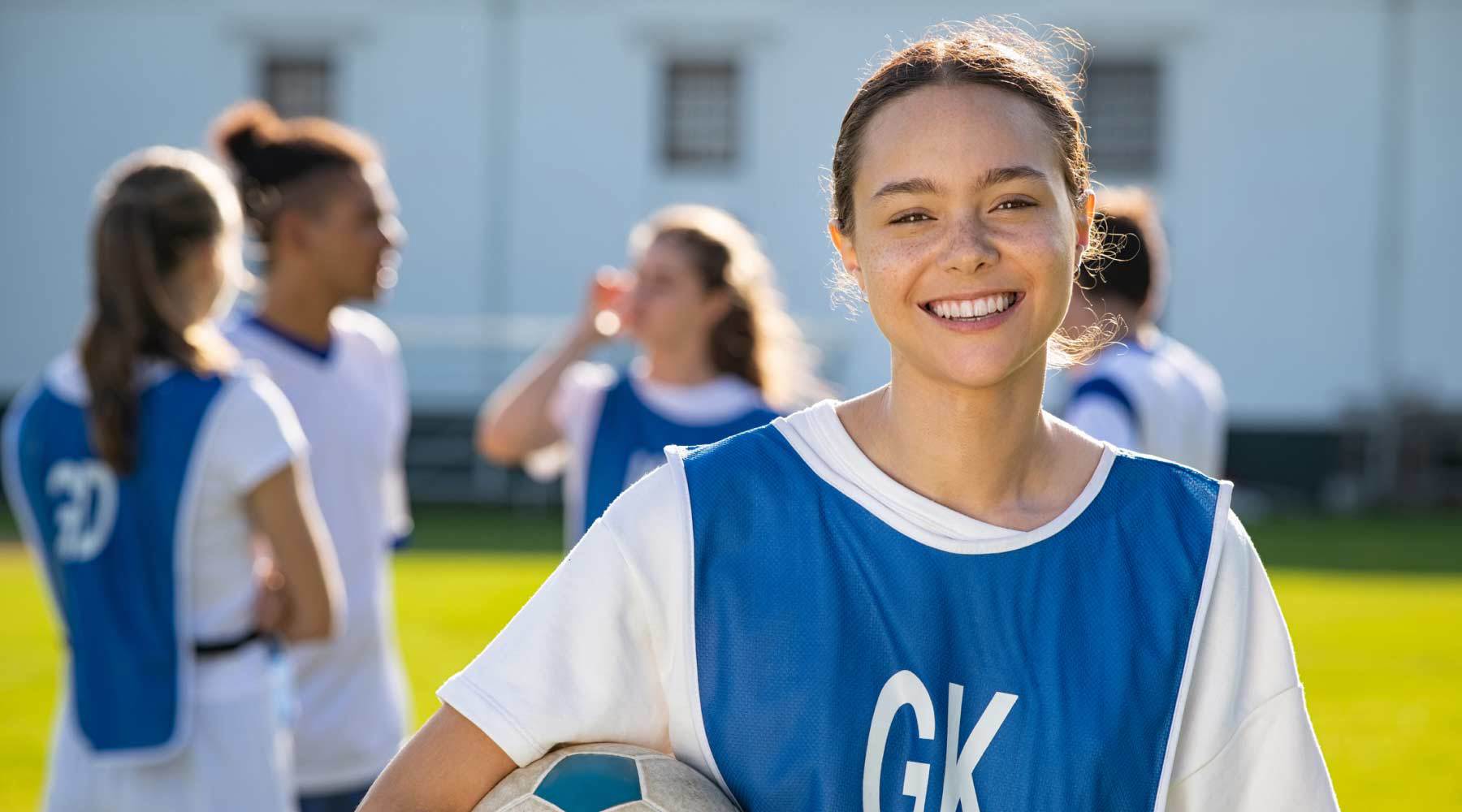
by Sarah Carley
While they are the most common type of traumatic brain injury, athletes of all ages and levels continue to underestimate the devastating effects concussions can have on their life and sport-career. And while an athlete who has already had one concussion is more susceptible to another, in most cases, it is possible to treat a concussion to the point where you are ready to step back onto the field, court or slope, whatever the case may be.
A great skiing example is Lindsey Vonn who suffered a minor concussion training right before the World Cup Finals (2011)…and pulled out. Although she was cleared to ski again (and still trailing Maria Riesch by 145 points for the championship) she reported to have more symptoms after running a super-G course and stopped. Vonn had a head scan the day after the crash as well as passed a series of concussion protocol exams and was never banned from skiing by the US Team, but she, a great example for all athletes, made the right choice and sat out. Yet, even after the World Cup during her latter training sessions Vonn reports the lasting effects, “I struggle maintaining focus from the top of the course all the way to the bottom. I’m still having issues about three-quarters of the way down — I lose focus.”
Because of the unforgiving nature of the ice that most ski racers will call home as well as the speeds at which they ski on it, concussions for skiers is a common injury. One false movement, such as weighting wrong throughout the turn, can send u spinning out of the course. For this reason it is important that skiers have nothing clouding their judgment- which could be the difference between finishing a race and a slight miscalculation leading to a compromising crash. While helmets are mandated for all racers, their primary job is not to prevent concussions- it is to stop skull fractures. For this reason, it is especially important for skiers to be able to diagnose and treat a concussion.
There are a variety of symptoms that are associated with concussions- one of the reasons that they are often overlooked by an athlete and therefore make them difficult to treat. Many of the symptoms will start to occur immediately after the head-injury, and will fade within a few days or weeks. When it comes to physical symptoms concussions can cause headaches, dizziness, nausea and difficulty balancing among others. Some of the more severe and long-lasting effects are more cognitive and emotional such as difficulty focusing and disorientation. Confusion is considered one of the common symptoms of concussions, and can develop within a few minutes of the trauma and can lead to the person repeating the same question, slurred speech and a vacant stare. These are certainly not all of the effects of concussions but are often the ‘Hallmark’ identifiers.
During athletics proper headgear should always be worn and after a serious impact, it should be replaced. Helmets and head gear can help prevent more serious injuries, but preventing concussions is difficult. With a high speed sport like ski racing, there will always be the risk of a fall and a head injury. If a concussion does occur, proper management of the concussion is the key to a quick and full recovery. It is important for the athlete to be monitored for several hours after the injury to make sure symptoms such as seizure activity, repeated vomiting, or numbness in arms and legs does not occur. If any of these start to develop it is important to get immediate emergency medical care as a more serious injury could be resulting from the trauma.
ImPACT Testing stands for Immediate Post-Concussion Assessment and Cognitive Testing, and was developed to provide useful and objective information to assist practitioners in making decisions about athletes returning to play. Because of the variety of symptoms and effects concussions can have, it is important for a doctor to be able to manage the concussions on an individual basis. The test acts as a baseline for athletes to take before participating in an athletic event, and can be administered by an athletic trainer, team doctor, school nurse, or psychologist. The test is designed to test a number of cognitive functions such as; verbal and visual memory, reaction time (measured to a 1/100th of a second), attention span, working memory, non-verbal problem solving, among others.
It is important to note that testing should not be a stand-alone tool in concussion diagnosis, but is a great reference for doctors to use in determining when athletes are ready to return to play. It is the responsibility of the athlete, teammates, parents, and coaches to all understand the signs and symptoms of concussions. By taking proper precautions, understanding the risks, and removing an athlete from play if there is any suspicion of a concussion, we can make sure skiing and other competitive sports can be enjoyed by athletes for many years to come.
Sarah Carley is a resident of Brentwood, NH and is a student at Exeter High School. She is a member of the USTSA Ski Team and will be competing in the US Nationals in February of 2013. At just 15 years old, Carley finished second in the US Nationals in 2012. Access Sports Medicine & Orthopaedics is a proud sponsor of Sarah Carley in the 2012-2013 ski season. Good luck Sarah!
______________________________________________________________________________________




